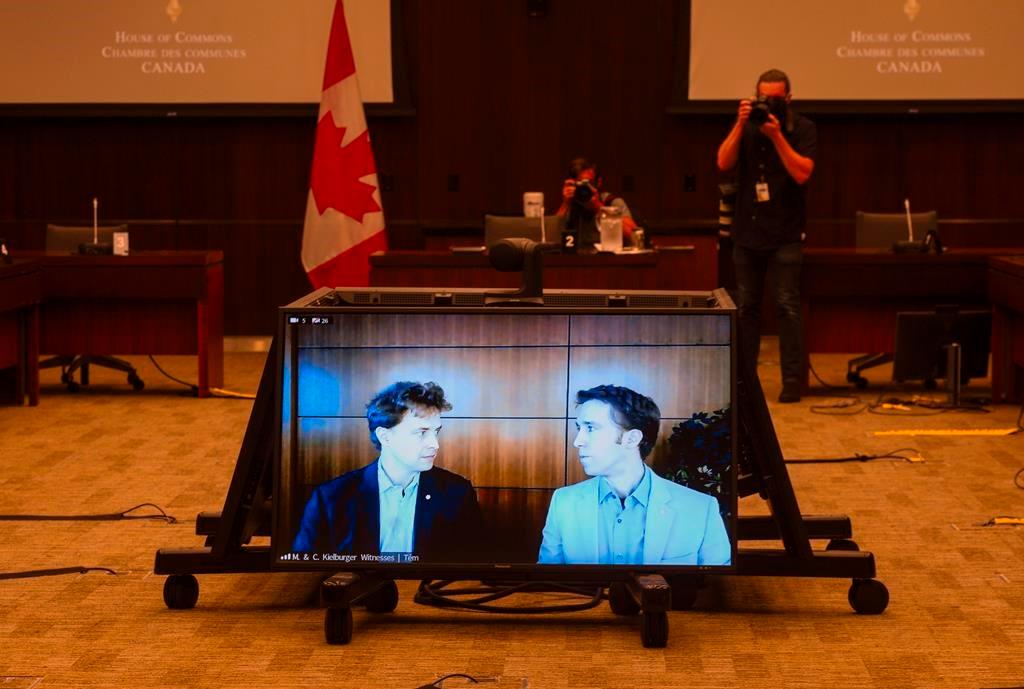OTTAWA—Payments made to members of Prime Minister Justin Trudeau’s family for appearing at WE events came under scrutiny Tuesday after the former chair of WE Charity’s board of directors testified that the board was explicitly told speakers were not paid.
Michelle Douglas, who resigned in March from the board of WE Charity, told the House of Commons finance committee Tuesday WE’s board made direct inquiries about whether speakers at the organization’s popular youth events known as “WE Days’' were compensated.





